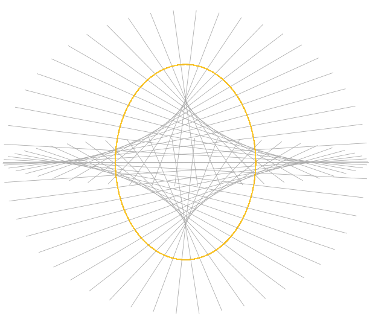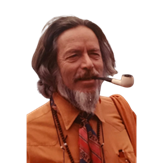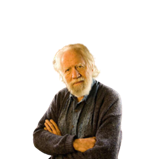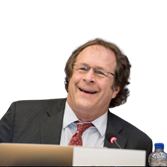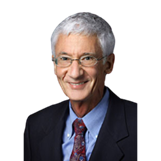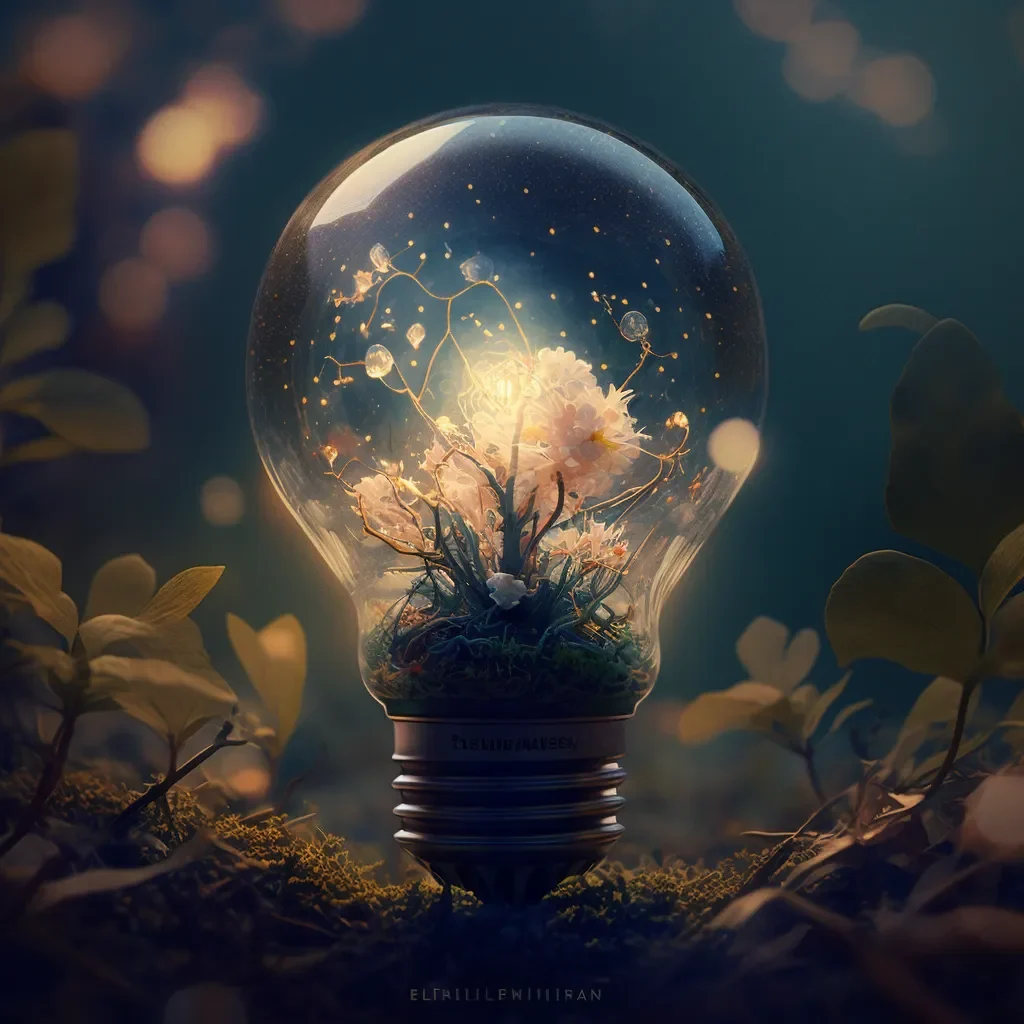Contributing Author
Ernest van Nispen
Psychedelics have long been seen as tools for transformation, unlocking doors to deeper consciousness, healing, and spiritual awakening. From the wisdom of spiritual leaders and healers to the empirical studies of scientists, these substances reveal a profound ability to help us re-examine our lives, our relationships, and the world around us. The quotes that follow explore a diverse range of perspectives on psychedelics—from their potential to foster connection and empathy to their capacity for revealing hidden truths. Each reflection offers unique insights into how psychedelics can catalyze personal growth and contribute to a broader shift in how we approach well-being, healing, and our understanding of reality. Whether seen through the lens of science, spirituality, or personal development, these reflections converge on one point: psychedelics offer not just fleeting experiences but profound lessons that, when integrated, have the power to transform lives.
With all reflection, there’s a point of personal interpretation and meaning-making. Just like in poetry where people see different images while looking at the same words, these quotes can produce different interpretations for everyone. Therefore it is encouraged to reflect on these quotes by yourself and see what key takeaways come up.
Feel free to share them!
#1 – Alan Watts
“If you get the message, hang up the phone. For psychedelic drugs are simply instruments, like microscopes, telescopes, and telephones. The biologist does not sit with eye permanently glued to the microscope, he goes away and works on what he has seen.” –Alan Watts
Context:
Alan Watts, a philosopher known for his interpretations of Eastern philosophy for Western audiences, emphasizes the instrumental nature of psychedelics. His analogy likens psychedelics to scientific tools like microscopes and telescopes, meant to gain insights rather than to linger on the experience itself.
Reflection:
Watts highlights that psychedelics are not an end in themselves but a means of accessing deeper knowledge or understanding. The focus is not on the high or the altered state, but on how one applies the insights gained. This metaphorical “hanging up the phone” urges us to use what we’ve learned in the psychedelic experience to improve our lives in practical ways.
Key Takeaway:
Psychedelics are a tool for self-growth, not a destination. Their true value lies in the application of the insights gained during the altered state, also called “psychedelic integration. For a deep dive on psychedelic integration see: Psychedelic Integration – what is it & how does it work? | Evolute Institute).
#2 – Aldous Huxley
“The man who comes back through the Door in the Wall will never be quite the same as the man who went out. He will be wiser but less sure, happier but less self-satisfied, humbler in acknowledging his ignorance yet better equipped to understand the relationship of words to things, of systematic reasoning to the unfathomable mystery which he tries, forever vainly, to comprehend.” – Aldous Huxley, The Doors of Perception
Context:
Aldous Huxley, renowned for his works like /Brave New World/, describes the transformative nature of the psychedelic experience. He emphasizes that such experiences alter a person on a profound level, providing wisdom and insight while also fostering humility.
Reflection:
In this quote, Huxley uses the metaphor of “the Door in the Wall” to describe the experience of stepping into an unfamiliar reality through psychedelics. The person who returns from this journey is forever changed. Psychedelics help people experience a profound sense of wisdom, but as Socrates once said, “The more I learn, the more I realize I know nothing.” Huxley emphasizes that this expanded consciousness makes a person wiser but also more aware of their ignorance.
Huxley also talks about how the experience leads to a happier but less self-satisfied person. Happiness here could be seen as encompassing gratitude, acceptance, and peace. Yet, being less self-satisfied suggests the person remains humble, recognizing they still have areas to improve. This balance of contentment and the desire for growth is a beautiful part of the human experience.
He talks about words and their relationship to things. This suggests that the psychedelic experience changes how we understand the power of language—the way words shape our reality. Our vocabulary influences how we see the world, and with psychedelics, new ways of seeing, feeling, and expressing open up.
Key Takeaway:
Psychedelics foster humility, wisdom, and a richer sense of happiness, but they also deepen our awareness of life’s mysteries and our limitations. They can open us up to the ability of words to shape our world.
#3 – Alexander Shulgin
“There is a wealth of information built into us…tucked away in the genetic material in every one of our cells…without some means of access, there is no way even to begin to guess at the extent and quality of what is there. The psychedelic drugs allow exploration of this interior world and insights into its nature.” – Alexander Shulgin
Context:
Alexander Shulgin, a chemist and pioneer in psychedelic research, emphasizes the ability of psychedelics to unlock innate knowledge that is stored in our biology, but otherwise inaccessible.
Reflection:
Shulgin’s quote speaks to the latent wisdom that exists in our genetic material. The body knows how to grow and adapt, even without conscious effort. Psychedelics, according to Shulgin, provide access to this hidden knowledge, allowing us to explore deeper aspects of our inner world and gain insights into the nature of life itself.
Key Takeaway:
Psychedelics allow us to access deeper, inherent knowledge stored within our bodies, providing insights that go beyond the surface of everyday awareness.
#4 – Stanislav Grof
“Psychedelics, used responsibly and with proper caution, would be for psychiatry what the microscope is for biology and medicine or the telescope is for astronomy.” – Stanislav Grof
Context:
Stanislav Grof, a pioneer in transpersonal psychology, compares psychedelics to the essential tools of other scientific fields, highlighting their potential value in psychiatry.
Reflection:
Grof’s comparison underscores the importance of using psychedelics responsibly. Just as microscopes and telescopes have revolutionized science, psychedelics could provide a deeper understanding of the mind, particularly in therapeutic settings. Used with care, they could be a powerful tool for healing and mental health.
Key Takeaway:
When used responsibly, psychedelics can become an essential tool in the field of psychiatry, allowing deeper exploration of the human mind.
#5 – Maria Sabina
“There is a world beyond ours, a world that is far away, nearby and invisible.” – Maria Sabina
Context:
Maria Sabina, a Mazatec healer and shaman, speaks to the existence of spiritual realms, often accessible through sacred plants and rituals.
Reflection:
Sabina’s quote evokes the spiritual dimension that many indigenous cultures believe exists beyond the physical world. This “invisible” world is often felt rather than seen, populated by spirits, ancestors, and the essence of nature itself. Psychedelics offer a bridge to this hidden world, allowing us to experience its presence firsthand.
Key Takeaway:
Psychedelics can connect us to unseen spiritual realms, revealing an animate universe where everything is alive and interconnected.
#6 – Rick Doblin
“Psychedelics are not a substance for faith. They are a door to authentic faith, born of encountering directly the sacred dimension of everyday experience.” – Rick Doblin
Context:
Rick Doblin, founder of the Multidisciplinary Association for Psychedelic Studies (MAPS), discusses the role psychedelics play in connecting people to authentic spiritual experiences.
Reflection:
Doblin points to the power of psychedelics to bring people into direct contact with the sacred aspects of life. Instead of relying on belief systems or abstract ideas, psychedelics allow individuals to experience this sacredness firsthand. They offer a tangible, experiential path to spirituality, making the mystical dimensions of life accessible.
Key Takeaway:
Psychedelics provide an authentic, experiential connection to the sacred, enabling people to discover the divine within everyday life.
#7 – Hamilton Morris
“If we’re approaching life from a non-fearful perspective, where your intention is to learn, then you can extract benefit from almost any experience… Even bad trips, though they can be difficult, can serve as a valuable learning experience.” – Hamilton Morris
Context:
Hamilton Morris, a journalist and researcher, speaks about the importance of adopting a learning mindset when exploring psychedelics.
Reflection:
Morris highlights the value of approaching life, including difficult experiences, with curiosity rather than fear. This perspective turns even challenging psychedelic trips into opportunities for growth. The “bad” experiences often hold key lessons, encouraging self-reflection and helping us to develop resilience.
Key Takeaway:
With the right mindset, even the most difficult experiences, including “bad trips,” can offer valuable lessons.
#8 – Roland Griffiths
“The hallmark feature of the mystical experience, that we can now occasion with high probability, is the sense of the interconnectedness of all things – a sense of unity, a sense of open-heartedness or love, and a noetic quality suggesting that this experience is more real than everyday waking consciousness.” – Roland Griffiths
Context:
Roland Griffiths, a leading researcher on psychedelics, explains the profound effects that psychedelics have in producing mystical experiences, often characterized by a deep sense of unity and interconnectedness.
Reflection:
Griffiths underscores the transformative nature of these experiences, where individuals feel a deep sense of unity with the universe. This state of being—often described as more “real” than ordinary consciousness—leaves lasting effects on one’s perception of life and existence.
Key Takeaway:
Psychedelics can induce profound mystical experiences, offering a deep sense of interconnectedness and reshaping how we perceive reality.
Conclusion
As we journey through the insights of these visionaries, healers, and scientists, a common thread becomes clear: psychedelics offer us a glimpse into the deeper layers of the human experience, but it is our responsibility to carry these insights forward into the real world. Whether by nurturing our relationships, addressing emotional wounds, or shifting the focus of healthcare from treating symptoms to fostering well-being, the potential for psychedelics to create lasting positive change is immense. But their true power lies in the integration of these experiences—how we use the lessons learned to shape our lives and our communities. These reflections remind us that psychedelics are not an escape, but a bridge—a bridge to deeper understanding, connection, and transformation. In this, they serve as both a mirror to our inner selves and a path toward collective healing.
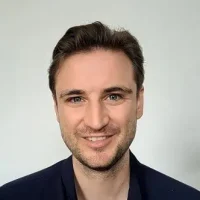
Patrick Liebl,
Lead Facilitator & Integration Expert
Curious to learn more?
We invite you to schedule a call with us. Together, we can explore any questions you may have. We can explore whether a program with a legal psychedelic experience is right for you at this time.
“We are here to support your exploration, at your pace, with no expectations.” – Patrick Liebl
